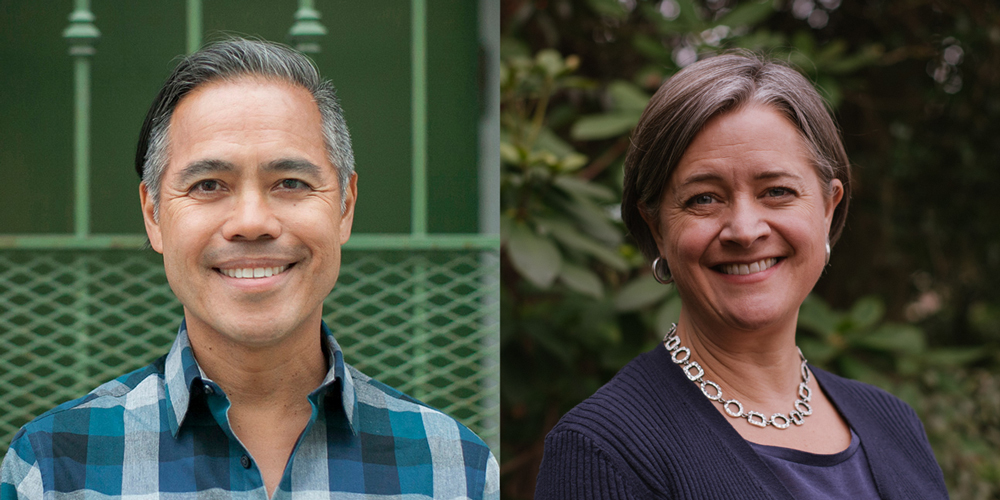Fight back by getting vaccinated ASAP
and taking simple measures to protect yourself and
your loved ones.

More and more people are catching the flu this holiday season, according to public health monitoring. This means that it's especially important for high-risk individuals (babies and young children, the elderly, those with heart and lung diseases or weakened immune systems) and their close contacts to get vaccinated as soon as possible. Vaccinations are available for First Nations people (free of charge) by community health nurses on reserve, at pharmacies, or at family doctors' offices.
“Provincial monitoring suggests the influenza (flu) epidemic will peak over the holidays,” says Dr. Evan Adams, FNHA Chief Medical Officer. “It takes about two weeks for the flu vaccine to work completely, so it is best to get vaccinated as soon as possible. Partial protection can prevent some of the worst outcomes and the protection will last for the rest of the flu season. High-risk individuals and their close contacts especially need to get vaccinated, if they haven’t already. You certainly don't want to give the flu to anyone for Christmas! Please do your part to boost our 'community immunity' and protect your loved ones!" Click here for additional steps to take after getting vaccinated.
“The major kind of influenza (flu) virus we are detecting so far this year (H1N1) is affecting mostly children under 10 years of age and non-elderly adults. Another influenza virus (H3N2) is also circulating, and this is particularly affecting the elderly," said Dr. Helena Swinkels, FNHA Senior Medical Officer. "So, while we are focusing on encouraging children and non-elderly adults with weakened immune systems to get vaccinated, it is also important for Elders to get vaccinated - and of course, anyone who has close contacts or loved ones that might be at greater risk."
After being vaccinated, please take the following additional steps to reduce your risk of getting the flu and minimize its spread:
• Wash your hands frequently, especially if you’ve been out in public.
• Don't touch your face, especially your eyes, mouth and nose.
• Cough and sneeze into your elbow. Be sure to dispose of any tissues you use and wash your hands after each use.
• Stay home so you don’t pass your infection onto others, especially those who may be at higher risk.
• If you're feeling unwell, don't visit those at higher risk of serious complications from influenza (those who are elderly or sick, newborns and children).

